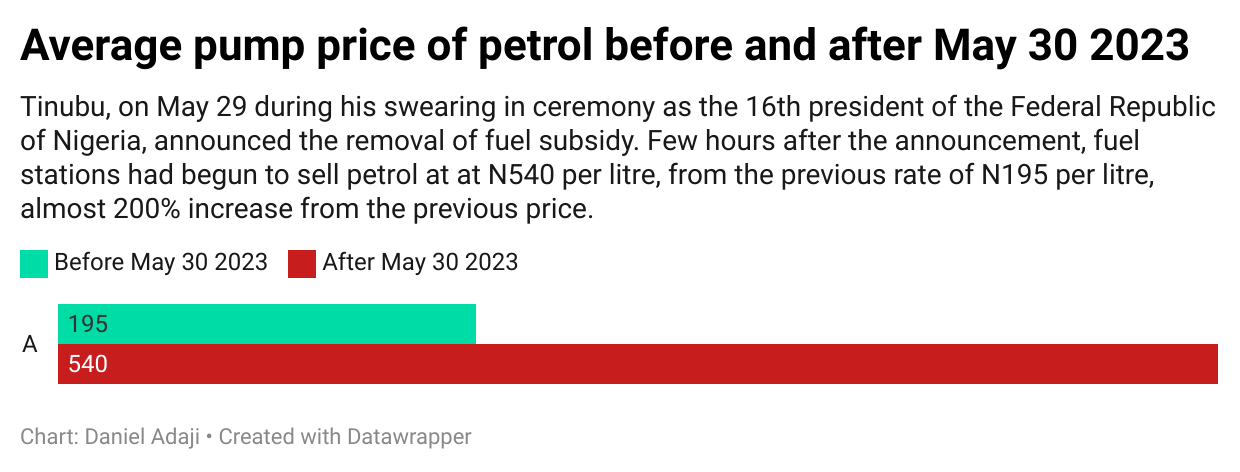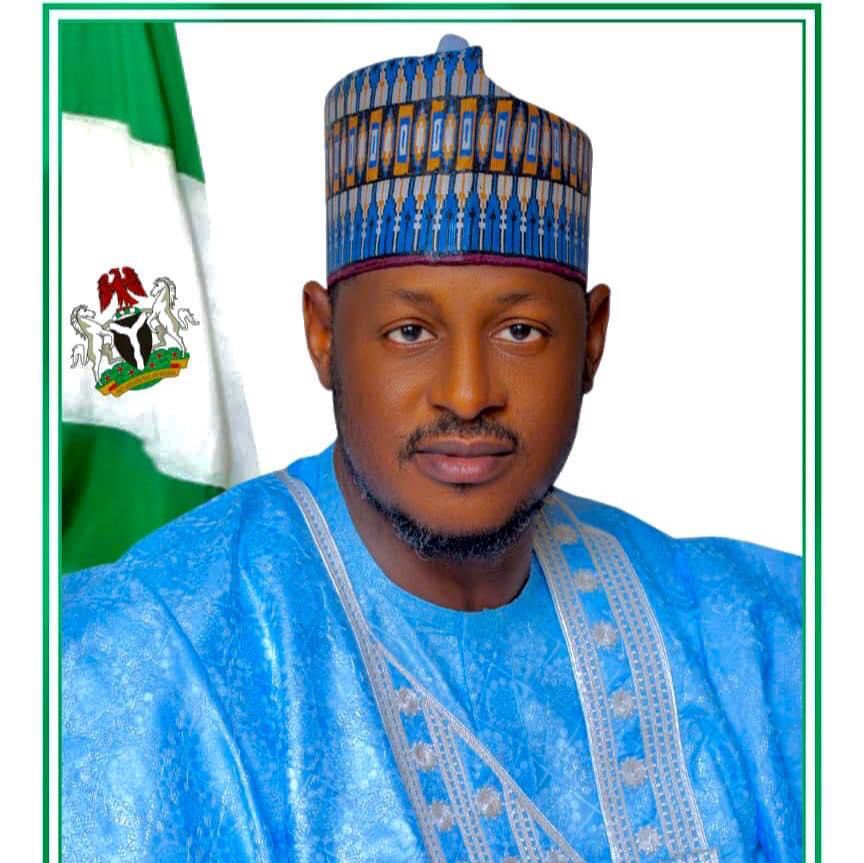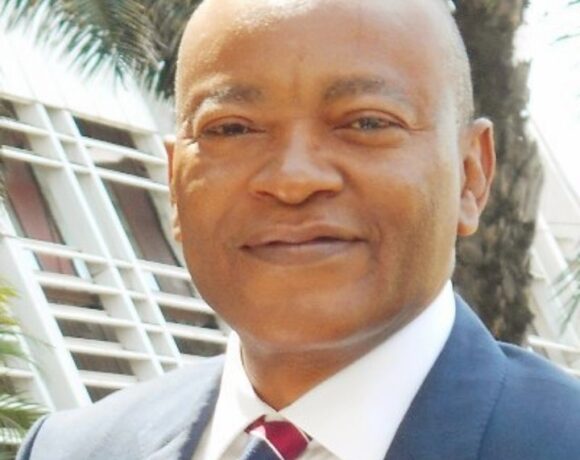Fuel Subsidy removal: Tinubu should not allow collusion among oil marketers to hike prices – Obasanjo’s former Economic Adviser Ojowu

Key Points:
-
Oil marketers must not collude to fix inflated prices due to the deregulation
-
Subsidy removal was inevitable due to fiscal distress
-
There are several technical and administrative issues on public expenditure which must be dealt with.
-
It’s important for constant supply of petroleum products to avoid scarcity and price hike
-
Government must implement critical policy that would enable Nigerians to benefit from subsidy removal
By Daniel Adaji
Professor Ode Ojowu, a former Chief Economic Adviser to President Olusegun Obasanjo who also served as Chief Executive Officer of the National Planning Commission (NPC), has advised President Bola Ahmed Tinubu to put in place mechanism that would ensure petroleum marketers do not take advantage of the subsidy removal to fix arbitrary prices for petroleum products.
Professor Ojowu made this remark in an interview he granted Daily Trust newspapers, in which he commended Tinubu for his courage to remove subsidy, in the interest of the country’s fiscal stability.
He said, “I think what Tinubu has done is courageous for two important reasons, there is no more road along which to kick the subsidy can. It is either you face a fiscal collapse of the state, which is very threatening or we are already borrowing money to pay for subsidy. It is either the subsidy was gone or the fiscal stability of the state was gone. The fiscal collapse is a far greater threat to Nigeria than the sufferings arising from the removal of fuel subsidy.”

Professor Ojowu added, however, that “The fear here is that since the commodity is not always in adequate supply, it is possible that even though the market is deregulated, those who import can still collude to alter the price.”
In the last one week, there had been a speculation that prices could be jerked up to N700 per litre, if the products are important by private marketers. It is not clear if government will regulate the prices of the products under the current regime.
Tinubu, on May 29 during his swearing in ceremony as the 16th president of the Federal Republic of Nigeria, announced the removal of fuel subsidy. The announcement sparked several reactions from the citizens who had just barely recovered from the impact of the cash crunch.
It is either the subsidy was gone or the fiscal stability of the state was gone
Few hours after the announcement, fuel stations had begun to sell petrol at at N540 per litre, from the previous rate of N195 per litre, almost 200% increase from the previous price; this was before the Nigerian National Petroleum Corporation NNPC, announced the general price on May 30, 2023.
Petroleum pricing is a significant issue in Nigeria, as the country heavily relies on oil for its economic stability. The government had implemented fuel subsidies to keep the price of fuel affordable for citizens, as well as to stimulate economic growth. However, these subsidies have become increasingly unsustainable in recent years.
It is possible that even though the market is deregulated, those who import can still collude to alter the price
Professor Ojowu argued in the interview that the subsidy removal was necessary to save the country from a fiscal collapse, and that the entire country could have failed if it could longer sustain itself.
“If you have a fiscal collapse, you won’t be able to pay for your salary anymore and it is the next step to a state failure. So, if you can’t run the state at all, then it is very difficult to receive it. Fiscal collapse leads to political chaos. What we are suffering now is a reality of our inability or unwillingness to face this same reality way back and we are going to suffer severely. The good thing is that the debate is now taking place within the framework of subsidy removal, not debating on whether or not to remove the subsidy, so both the people and government will find a mechanism for adjustment which is already happening in many ways,” he said.

President Bola Ahmed Tinubu
Reacting to whether Nigerians can cope with the current increase in foreign exchange, Professor Ojowu argued the country had already accommodated the change but hoped that fiscal discipline to ensure that efficiency of government would be restored.
“What they have done in foreign exchange unification, which is an intention, because it is a process to get it unified, the gap between the official rate and black market was above 60 per cent which provided the space for arbitrage but since the announcement, that has collapsed to about 10 per cent. What we are witnessing in terms of rising prices, yes, that will be there, but it will be short-lived if the policies to follow are vigorously pursued. My hope is that the courage with which he announced the subsidy is gone, will be followed by the same fiscal discipline to ensure that efficiency of government is restored,” he said.
The academic icon and economist noted that the cost of governance in the country had been an issue of debate among citizen but the drivers of the cost are unknown. He also stated that establishment like the National Assembly with fixed expenditures contributing to increasing the cost of governance.
If you have a fiscal collapse, you won’t be able to pay for your salary anymore and it is the next step to a state failure
“The cost of governance is not something you can announce is gone. We know and talk about the cost of governance but we don’t know the drivers of these costs. The challenge here is that maybe it is not a wrong place to look at but I also know there are establishments with fixed populations whose expenditure keep rising, like the National Assembly. It is one of the spenders that everyone is complaining about,” he noted.
Dealing with public expenditure is not just a political will. There are other issues- technical and administrative. There must be administrative clarification of expenditures to enable the government and the people know how many times the government spend on particular items per time.
In his word, “It is not just a political will; there are technical issues and administrative issues. We need to have what we call administrative clarification of expenditure so that we can know how many times we buy cars in a year. If we have a detailed chart of accounts, it will enable us to know how many times we are changing capital expenditure,” Professor Ode suggested.
Dealing with public expenditure is not just a political will
Professor Ode shared his optimism that if other factors remained constant and suppliers do not take advantage of a near monopoly situation, the Dangote refinery not expected to operate as a charity organization may not necessarily reduce the price of petrol could help improve the price once it starts operations fully.
“Provided that we understand the refinery is not for philanthropic purposes. When it comes on stream, it may not necessarily reduce the price of PMS. It depends on the efficiency of their own production. If they buy crude oil at the international rate, we don’t expect them to lower the price for us. The only advantage we might have is when the freight charges are reduced and other charges related to importation are reduced, as such, it would be domestic. Since it is domestic, it has a lot of products for the country. If all those things are properly priced and suppliers do not take undue advantage of a near-monopoly situation, then we can see an improvement in the price. What is most important is the reliability of supply so that people can’t collude and say there is no PMS” he said.
Read more stories here
The Insight Report
Nigeria Coverage



